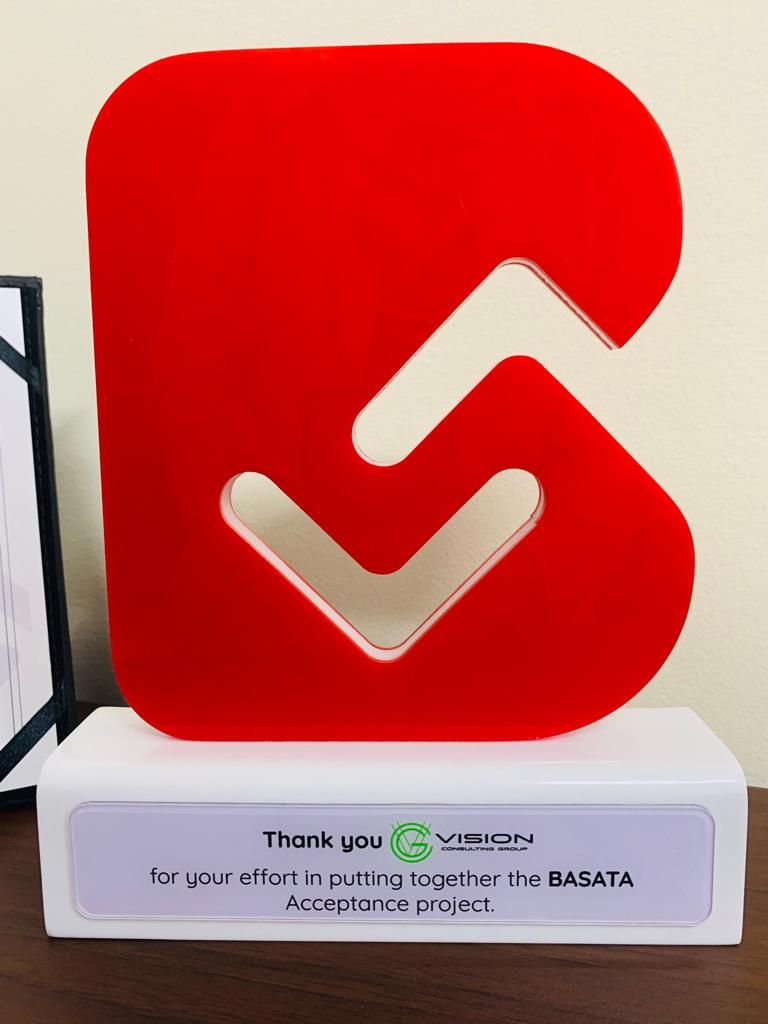


-
VCG with BasataPay
Vision Consulting Group , a member firm of Allinial Global is recognised by Basata for the work we have been delivering to support the company in launching their Payment Card hashtag#acceptance service (BasataPay) across all Basata merchants. This recognition comes…
Latest Posts
Categories
Tags
There’s no content to show here yet.





